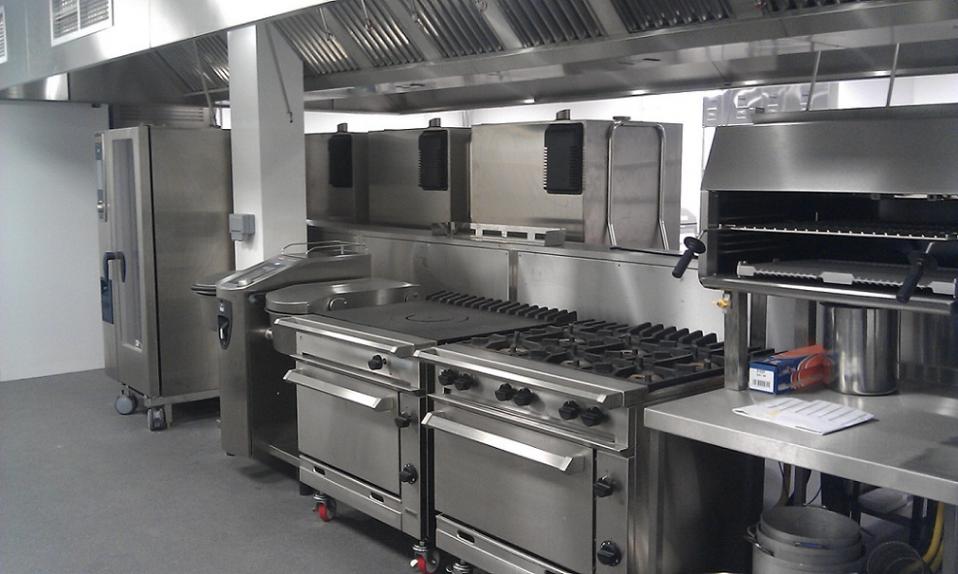In the world of interior design and home improvement, homeowners are constantly seeking innovative materials to enhance their living spaces. One material that has gained popularity in recent years is PVC (Polyvinyl Chloride). But is PVC good for bedroom walls? This comprehensive guide will explore the pros and cons of using PVC in your bedroom, compare it to other materials, and help you make an informed decision for your home.
Understanding PVC as a Wall Material
PVC, or Polyvinyl Chloride, is a synthetic plastic polymer widely used in construction and home improvement projects. When it comes to bedroom walls, PVC is typically used in the form of panels or sheets that can be installed over existing walls or as a standalone wall system.
Key Properties of PVC Wall Panels:
- Lightweight
- Durable
- Water-resistant
- Easy to clean
- Available in various designs and textures
Advantages of PVC for Bedroom Walls
Using PVC for bedroom walls offers several benefits that make it an attractive option for homeowners:
- Moisture Resistance: PVC is highly water-resistant, making it an excellent choice for areas prone to humidity or moisture issues.
- Easy Maintenance: PVC walls are simple to clean and maintain, requiring only occasional wiping with a damp cloth.
- Insulation: PVC panels can provide additional insulation, helping to regulate bedroom temperature and potentially reduce energy costs.
- Quick Installation: Compared to traditional wall finishes, PVC panels can be installed relatively quickly, minimizing disruption to your living space.
- Durability: PVC is resistant to scratches, dents, and general wear and tear, ensuring a long-lasting wall finish.
- Versatile Design Options: PVC panels come in a wide range of colors, patterns, and textures, allowing for customization to suit various bedroom styles.
- Cost-Effective: In many cases, PVC can be a more affordable option compared to other wall finishing materials.
Drawbacks of PVC in Bedrooms
While PVC offers numerous advantages, it’s essential to consider potential drawbacks:
- Chemical Concerns: Some people worry about the potential off-gassing of chemicals from PVC, particularly in enclosed spaces like bedrooms.
- Environmental Impact: PVC production and disposal can have negative environmental consequences, which may be a concern for eco-conscious homeowners.
- Fire Safety: PVC can release toxic fumes when burned, which may pose safety risks in the event of a fire.
- Authenticity: Some homeowners feel that PVC lacks the natural look and feel of materials like wood or stone.
- Repair Challenges: If damaged, PVC panels may need to be replaced entirely, as they can be difficult to repair seamlessly.
PVC vs. Other Wall Materials
To better understand how PVC compares to other common wall materials, let’s look at this comparison table:
| Material | Durability | Moisture Resistance | Maintenance | Cost | Eco-Friendliness |
|---|---|---|---|---|---|
| PVC | High | Excellent | Easy | Low to Moderate | Low |
| Drywall | Moderate | Poor | Moderate | Low | Moderate |
| Wood | High | Poor to Moderate | Moderate | Moderate to High | High |
| Tile | High | Excellent | Easy | High | Moderate |
| Brick | Very High | Moderate | Low | High | High |
Installation and Maintenance
Installing PVC walls in a bedroom is generally straightforward, but it’s essential to follow proper procedures:
- Prepare the existing wall surface
- Measure and cut PVC panels to fit
- Apply adhesive or use a click-lock system
- Install panels, starting from a corner
- Seal edges and joints for a finished look
Maintenance tips for PVC bedroom walls:
- Regular dusting with a soft cloth
- Wipe clean with a damp cloth and mild detergent
- Avoid abrasive cleaners or scrubbers
- Address any moisture issues promptly to prevent mold growth behind panels
Environmental Considerations
The environmental impact of PVC is a significant concern for many homeowners. Consider the following points:
- PVC production involves the use of toxic chemicals
- Disposal of PVC can be challenging, as it’s not biodegradable
- Recycling options for PVC are limited compared to other materials
- Some manufacturers are working on more eco-friendly PVC formulations
For those concerned about environmental impact, exploring alternatives like PVC plywood or other sustainable materials may be worthwhile.
Cost Analysis
The cost of installing PVC walls in a bedroom can vary depending on several factors:
- Quality and style of PVC panels
- Room size and complexity of installation
- Labor costs (if professionally installed)
- Any necessary preparation work
On average, PVC wall panels cost between $2 to $10 per square foot, not including installation. While this may be more expensive than painting drywall, it can be more cost-effective in the long run due to its durability and low maintenance requirements.
Design Options and Aesthetics
PVC wall panels offer a wide range of design possibilities for bedrooms:
- Solid colors for a modern, minimalist look
- Wood grain patterns for a natural appearance
- Textured panels for added depth and interest
- Printed designs for a unique, customized feel
Some popular PVC wall design trends for bedrooms include:
- Accent walls with bold patterns or colors
- Faux brick or stone textures for an industrial chic vibe
- Subtle, neutral tones for a calming atmosphere
- Mix-and-match panels to create custom designs
PVC Plywood: A Versatile Alternative
For those interested in the benefits of PVC but looking for a more versatile option, PVC plywood is worth considering. This material combines the durability and moisture resistance of PVC with the strength and workability of plywood.
Benefits of PVC Plywood:
- Excellent moisture resistance
- Lightweight yet strong
- Easy to work with using standard woodworking tools
- Can be painted or laminated for various finishes
- Suitable for both wall paneling and custom furniture projects
PVC plywood can be an excellent choice for bedroom walls, offering the best of both worlds between traditional wood and synthetic materials.
Expert Opinions and Consumer Feedback
To provide a balanced view, let’s look at what experts and consumers say about PVC bedroom walls:
Experts:
- Interior designers appreciate the low maintenance and design versatility of PVC walls
- Environmental scientists express concerns about the long-term ecological impact of PVC
- Building contractors note the ease of installation compared to traditional materials
Consumers:
- Many homeowners praise the durability and easy cleaning of PVC walls
- Some report satisfaction with the insulation properties, noting improved room comfort
- A few express disappointment with the artificial feel compared to natural materials
It’s clear that opinions on PVC bedroom walls vary, highlighting the importance of personal preferences and priorities when making a decision.
Q: Is PVC safe for bedroom walls?
A: While PVC is generally considered safe for use in homes, some concerns exist about potential chemical off-gassing. Choosing high-quality, low-VOC PVC products and ensuring proper ventilation can help mitigate these concerns.
Q: How long do PVC bedroom walls last?
A: With proper installation and maintenance, PVC walls can last 20 years or more. Their durability is one of the main advantages of choosing PVC for bedroom walls.
Q: Can I paint over PVC wall panels?
A: Yes, it is possible to paint PVC wall panels, but it requires specific preparation and paint types. It’s generally recommended to choose pre-finished panels in your desired color instead.
Q: Are PVC walls suitable for all climates?
A: PVC walls perform well in various climates due to their moisture resistance and insulation properties. However, extreme temperature fluctuations may cause expansion and contraction, which should be accounted for during installation.
Q: How does PVC plywood compare to regular PVC panels for bedroom walls?
A: PVC plywood offers greater structural strength and versatility compared to standard PVC panels. It can be a good option if you want the benefits of PVC with the ability to customize or create built-in features in your bedroom.
Conclusion
After thoroughly examining the pros and cons of using PVC for bedroom walls, it’s clear that this material offers several advantages, including durability, easy maintenance, and moisture resistance. The availability of PVC plywood as an alternative also provides additional options for homeowners seeking versatility.
However, environmental concerns and the artificial nature of PVC are important factors to consider. Ultimately, the decision to use PVC in your bedroom should be based on your personal priorities, budget, and design preferences.
Before making a final decision, consider the following steps:
- Assess your bedroom’s specific needs (moisture control, insulation, etc.)
- Compare costs of PVC with other materials you’re considering
- Review samples of PVC panels or PVC plywood to ensure you’re satisfied with the look and feel
- Consult with a professional if you have concerns about installation or environmental impact
By carefully weighing the information provided in this guide, you can make an informed choice about whether PVC is the right material for your bedroom walls. Remember that each home is unique, and what works best for one bedroom may not be ideal for another. Trust your judgment and choose a wall material that aligns with your goals for comfort, style, and practicality in your personal space.










